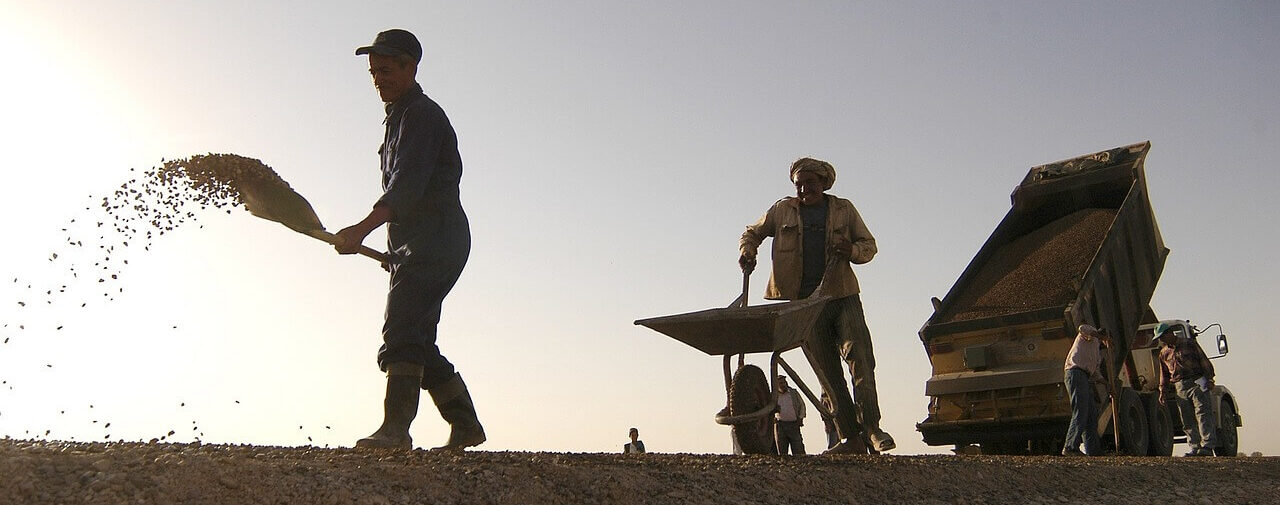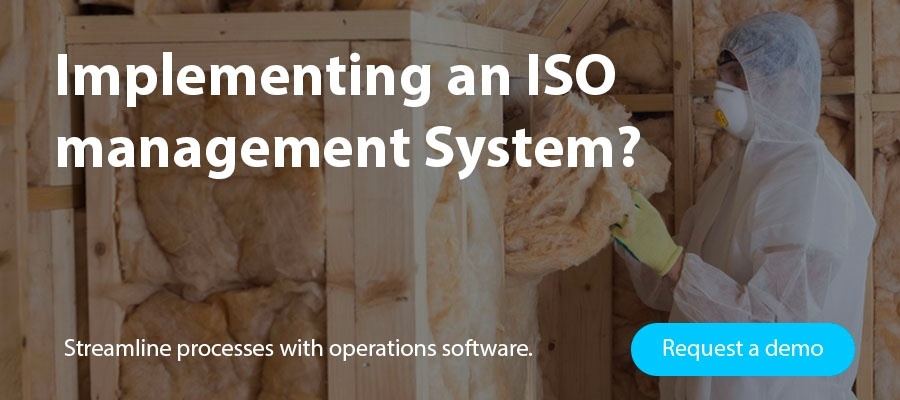It doesn’t matter if your construction company only does small renovation work or erects skyscrapers, the need for a formal, compliant, and effective environmental health (EHS) and safety cannot be overstated.
What Makes EHS So Important?
The construction industry has proven to be among the most dangerous places in terms of on-the-job injuries and deaths. OSHA reports that 1 out of every 10 construction workers suffers a work-related injury every year, that, according to the Bureau of Labor Statistics number about 150,000. The majority of these accidents are from falls, followed by accidents associated with contact with equipment. In 2015, the National Institutes of Occupational Safety and Health reported 1,224 deaths from construction industry accidents.
Major EHS Concerns
Following are some of the areas where construction companies need improvement:
- Lack of supervision – with too much frequency, lack of proper supervision has been associated with construction and other dangerous industries. (examples are the US oil rig fire in 1998 at Piper Alpha and the British explosion of 1994 at the Milford Haven oil refinery).
- Non-routine work – asking an employee to do a task that he or she is not trained to perform is asking them to do non-routine work. One example is asking a day laborer to clean newly laid floor tile with a caustic substance. He or she is unfamiliar with the safe way to do this and may forgo wearing gloves or eye protection
- Lack of training – often overlooked are the regulations that apply to safety training. Construction crews churn as various stages of a construction project end and begin. Safety training for new crew members is often overlooked.
- Language barrier – immigrants have flocked to the construction industry and have been welcomed as there is a shortage of experienced construction workers in the United States. While they may have specific training in a construction skill, their lack of English skills can cause safety issues if they cannot read and understand safety training materials and danger or informational signage.
Contractors that are beginning a construction or renovation project, or making a repair to an industrial plant must be trained for the specific safety issues they might encounter. A plumbing contractor called into a bio-lab for a gas leak has little knowledge of the safety issues associated with a level-4 containment lab.
Today, companies are deeply concerned with safety training and a construction company’s safety record will be reviewed before a contractor is chosen.





